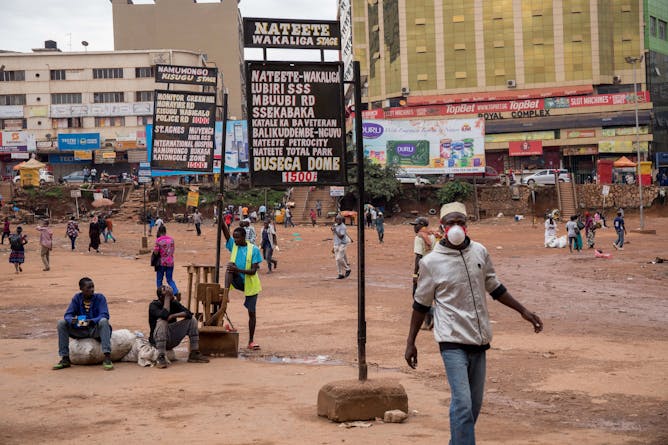
Urban areas are a fertile ground for contagion
Getty Images
Astrid R.N. Haas, International Growth Centre
Densely populated urban areas are great drivers of economic development and innovation, but that also makes them a fertile ground for the spread of pandemics.
|
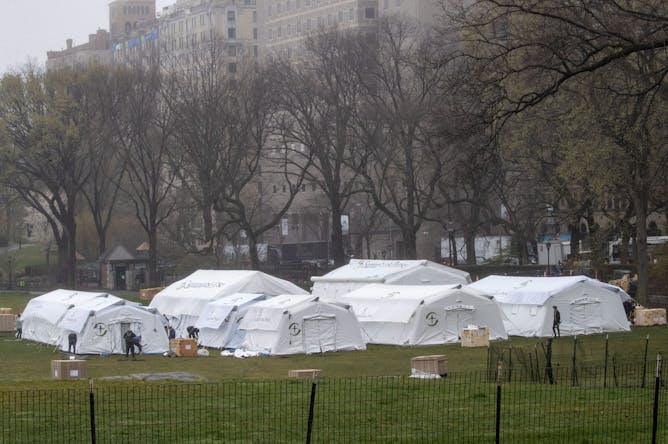
A crew works on building a 68-bed emergency field hospital specially equipped with a respiratory unit in New York’s Central Park on March 29, 2020.
AP Photo/Mary Altaffer
Shauna Brail, University of Toronto
The impacts of coronavirus on cities are extraordinarily difficult. Yet around the world, cities are responding rapidly and decisively to the crisis and its implications for urban life.
|
COVID-19
|
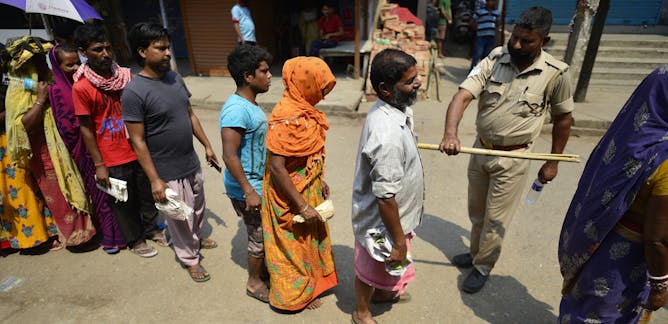
Priyasha Kaul, Ambedkar University Delhi
In a deeply fragmented society like India, social distancing has reinforced existing class and caste hierarchies.
| |
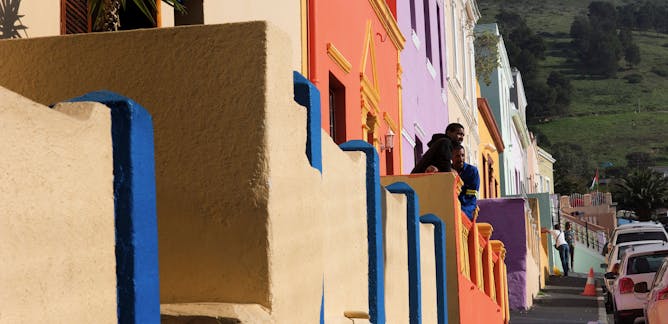
Hannah le Roux, University of the Witwatersrand
In reacting to the pandemic, architecture can reclaim its impact by conceding its loss of connection with public health, looking beyond Western thinking for its references.
|
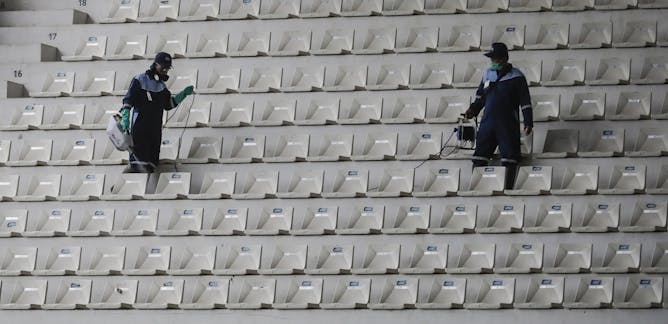
I Nyoman Sutarsa, Australian National University; Atin Prabandari, Universitas Gadjah Mada ; Fina Itriyati, Australian National University
The policy of self-isolation fails to take into account the fact that many poor and low-income people cannot afford to do it.
| |
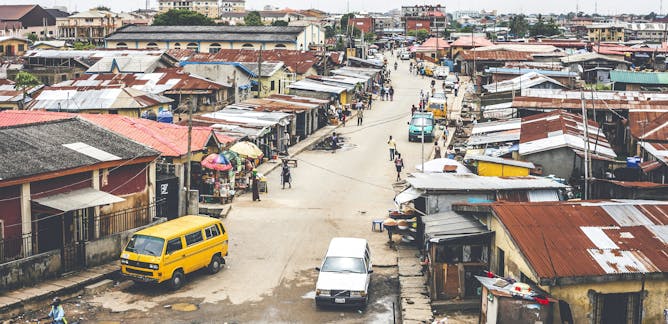
Taibat Lawanson, University of Lagos
Lagos poses a set of particular challenges when it comes to making interventions work.
|
|
|
Science and Technology
|
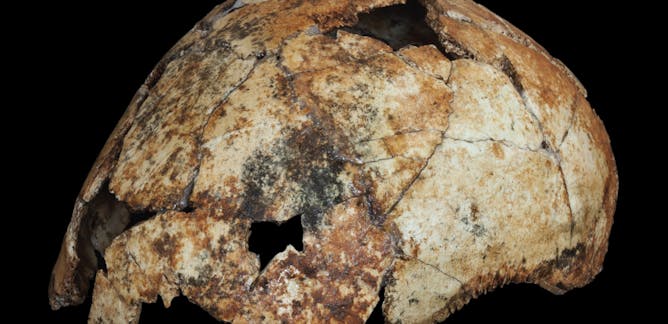
Stephanie Baker, University of Johannesburg; Angeline Leece; Jesse Martin, La Trobe University; Matthew Caruana, University of Johannesburg; Prof. Andy I.R. Herries, La Trobe University; Renaud Joannes-Boyau, Southern Cross University
This is a hugely important find. It means that one of our earlier ancestors possibly originated in southern Africa.
| |

Charles Foster, University of Sydney; Camilla Whittington, University of Sydney
The three-toed skink can give birth to live young and lay eggs in the same pregnancy. What can this little critter teach us about the evolution of live birth?
|
|
|
En Français
|

Fanny Parise, Université de Lausanne
Décryptage anthropologique de l'impact du confinement comme initiation à un nouveau mode de vie dans les sociétés néolibérales, à travers la présentation des premiers résultats de l'étude Consovid-19.
| |
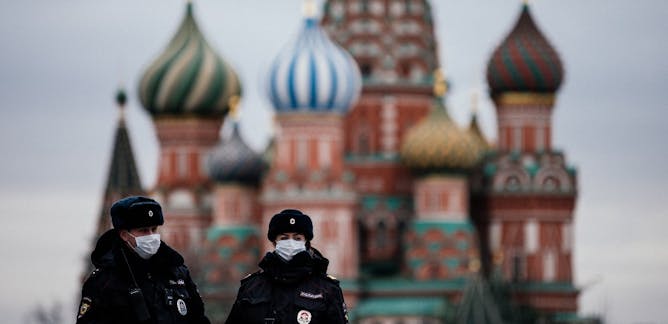
Anna Colin-Lebedev, Université Paris Nanterre – Université Paris Lumières
La Russie affronte l’épidémie de coronavirus avec un système médical fragile, dans un contexte où la défiance des citoyens envers l’État risque de nuire à l’efficacité des mesures de confinement.
|
|
|